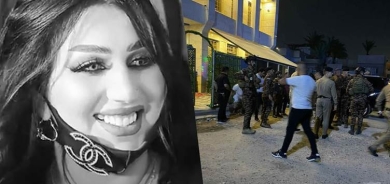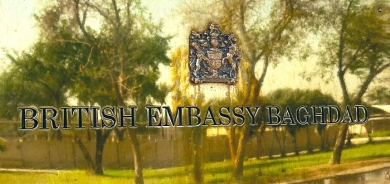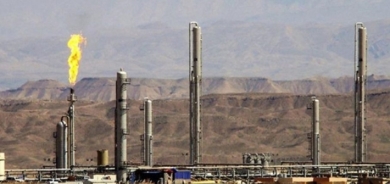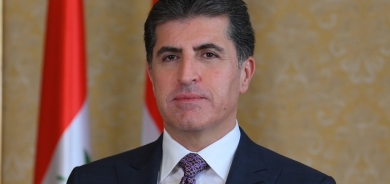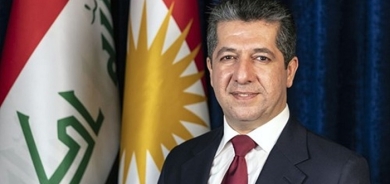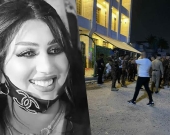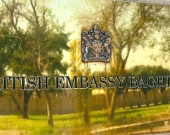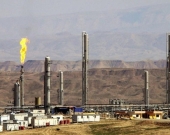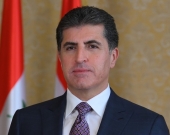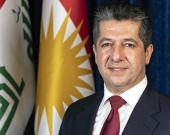Plight of Iranian Kurds little known in the west: Komala leader
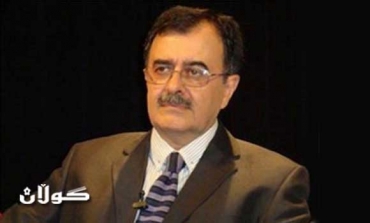
Komala has fought the Iranian regime for decades, demanding Kurdish rights.
Muhtadi recently embarked on a trip to several Western capitals, including Washington, Stockholm and Amsterdam. It was his first trip in six years.
“We set up a representation office in the United States. We wanted to have active representation there to get in touch with other parties, be they Americans or other Kurdish or Iranian opposition groups,” Muhtadi told Rudaw.
Muhtadi says the plight of Iranian Kurds has not received the attention it deserves from Western powers.
“It doesn’t have the voice that it should and has not been able to communicate its demands to the outside world,” says Muhtadi. “As part of our efforts, we try to get that voice heard by the U.S. administration, Congress and public opinion.”
He added that the U.S. does not have a “Kurdish policy” and deals with Kurds only as part of Turkey, Iran, Iraq and Syria.
“In each of these countries, Kurds have become a factor for the U.S. to pay attention to and deal with and sometimes even support. But in general, they don’t have a Kurdish policy in the Middle East,” says Muhtadi.
Komala is considered one of the major Iranian Kurdish organizations, along with the Kurdistan Democratic Party of Iran (KDPI).
The head of Komala says Kurdish groups have “strong relations” with the Iranian opposition. Several armed Iranian Kurdish opposition groups are based in Iraqi Kurdistan. But with the exception of the Party for Free Life in Kurdistan (PJAK), other parties have not had any recent significant military clashes with Iranian troops.
Muhtadi says his party does not receive any assistance from the U.S.
“I am not aware if they are giving assistance to other Kurdish parties,” he added.
The Komala leader says that, during his visit to the U.S., he asked the American government to launch a Kurdish language television channel. The U.S. has launched a Persian language channel,www.ekurd.net called Persian News Network, which is part of Voice of America. Muhtadi says other Kurdish parties need to join the effort to persuade the U.S. government to launch a Kurdish channel.
Muhtadi also urges Iranian Kurdish opposition parties to form a united front, especially now that the region is at a crucial historical juncture.
If Kurdish parties are not ready to form a broad front, he says, they should at least try to “agree on a platform that includes a number of points for now and the future.”
Explaining why Komala and most other major Kurdish parties boycotted the recent parliamentary elections in Iran, Muhtadi says there is no room for democratic participation in Iran.
However, he acknowledges that personal rivalries drew a considerable number of people to the polls, especially in provincial areas.
Muhtadi says his party would like to be allowed to legally work and run in Iranian elections as the pro-Kurdish Peace and Democracy party (BDP) has been allowed to do in Turkey.
“This is not possible in Iran,” he says. “We’d like it if Iran would allow that. If that possibility existed, we’d have certainly seized it.”
Muhtadi believes despite all the violence it has used, Turkey is closer to democracy and more open to these sorts of things than Iran.
After disputed presidential elections in 2009 saw President Mahmoud Ahmadinejad resume office, many Iranians took to the streets protesting alleged fraud and vote rigging. But the Kurdish areas of Iran remained mostly calm and did not join the so-called Green Movement.
Muhtadi says the Green Movement’s platform was “not very clear and did not include anything that would please Kurds.”
Moreover, he believes, Kurds were afraid of the government’s excessive use of force. There was no consensus among Kurdish parties as to whether take part in the protests or not. Muhtadi argues that if Kurds had participated in the protest movement, they would have “benefited greatly.”
“It was a sensitive time and the world media was watching Iran. Kurdish participation in the protests would have shown that the Iranian movement was not only the Green Movement, and that the Kurdish movement was part of it.”
He says because Kurds make up only about 12 percent of the population of Iran, they “cannot change Iran alone.”
eKurd


